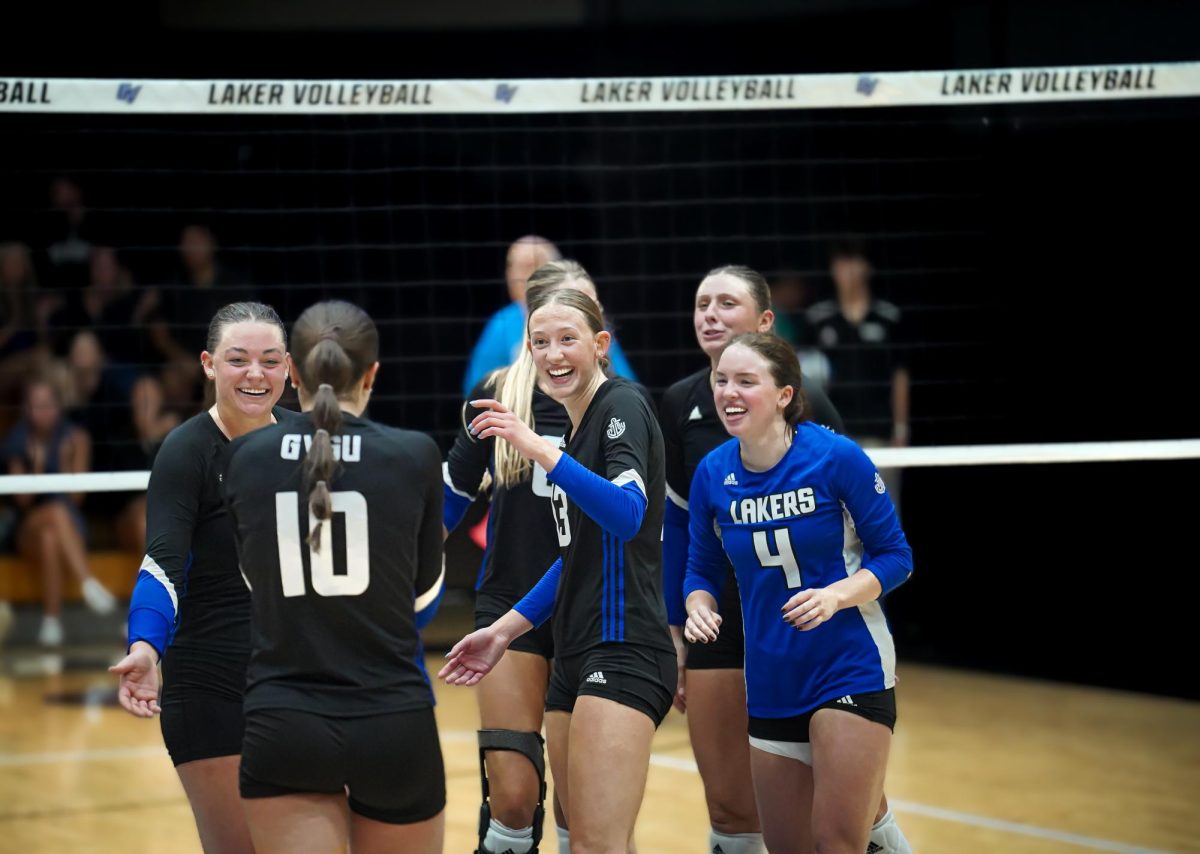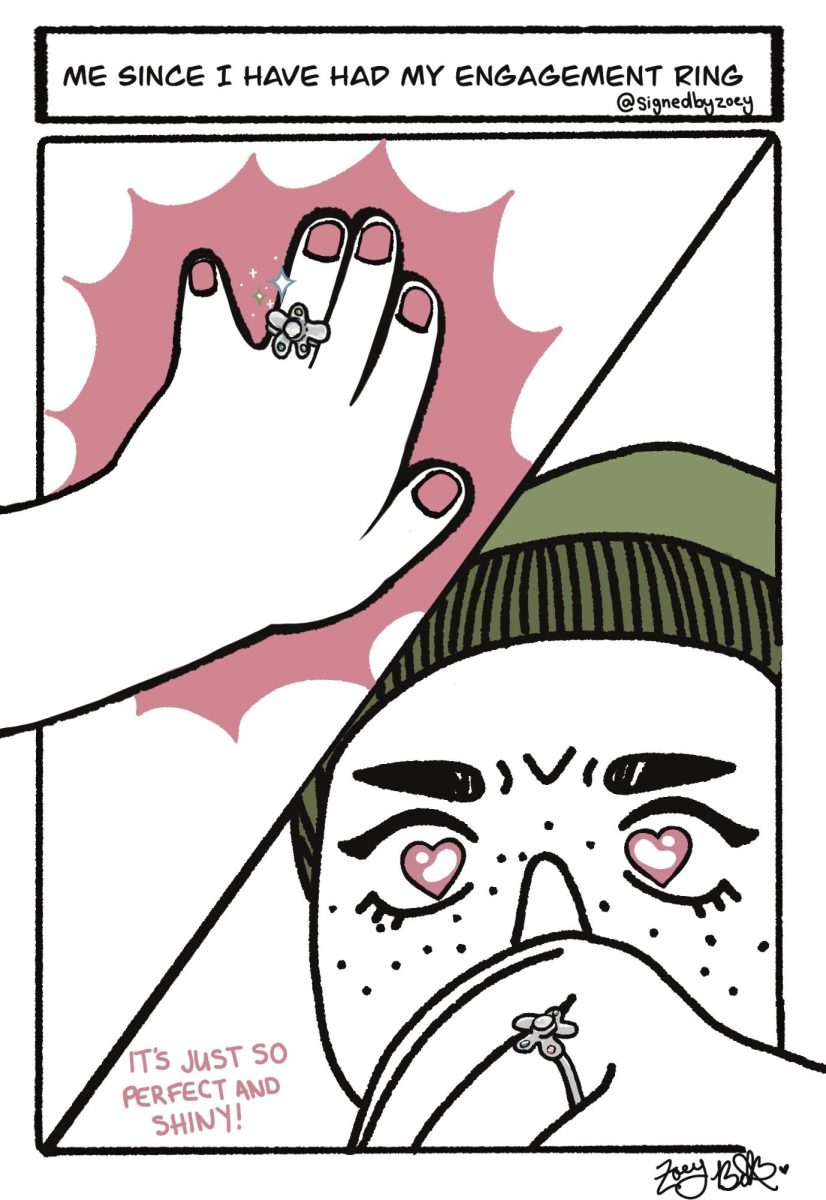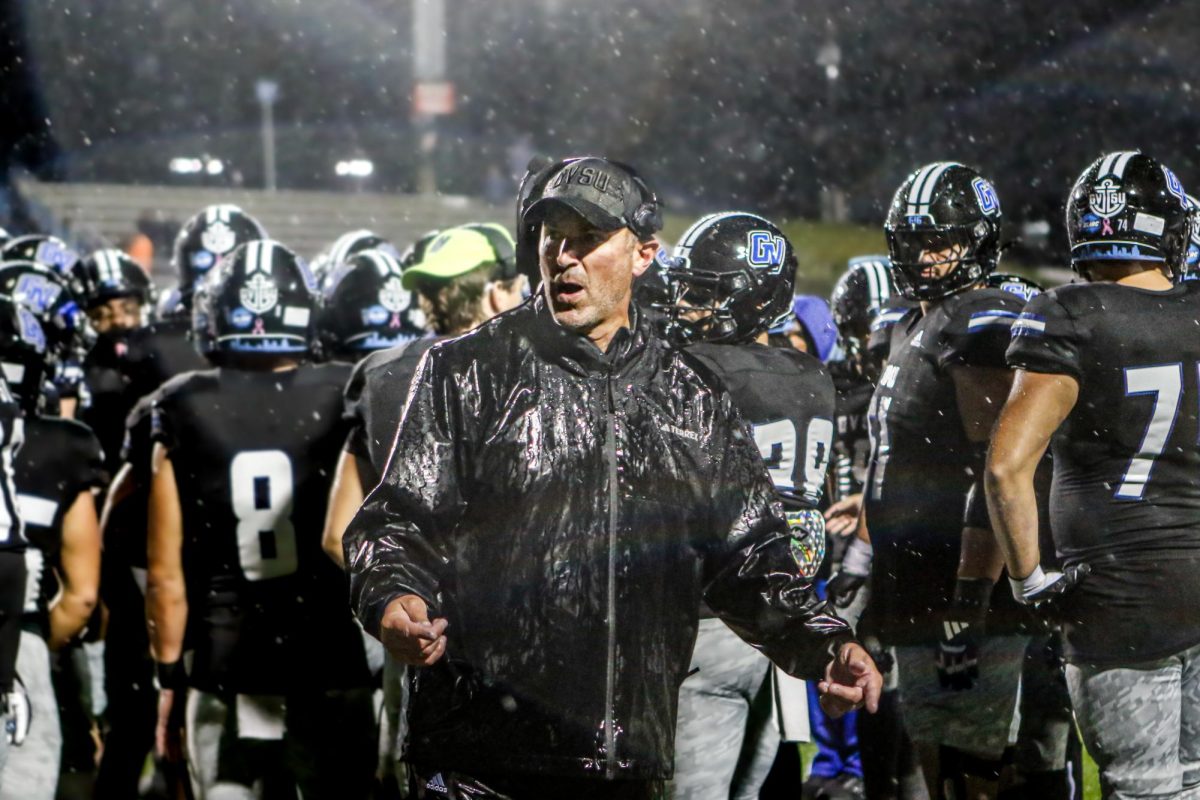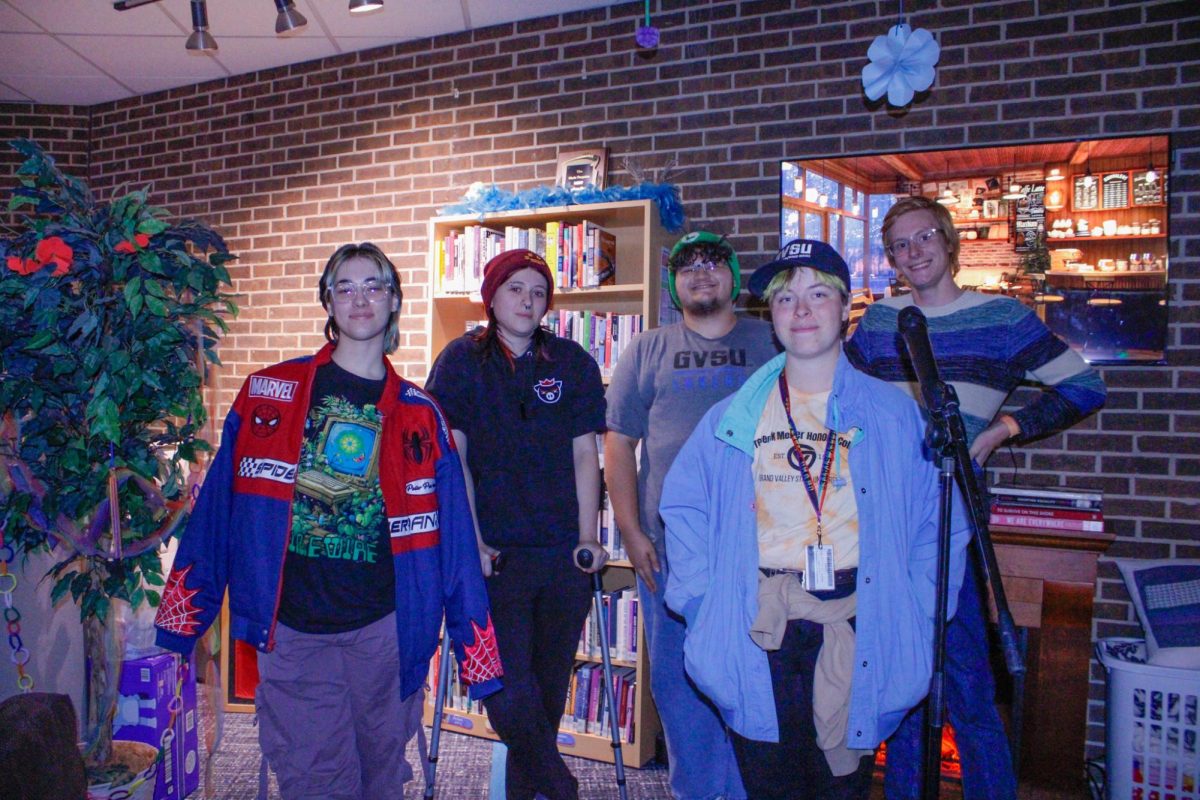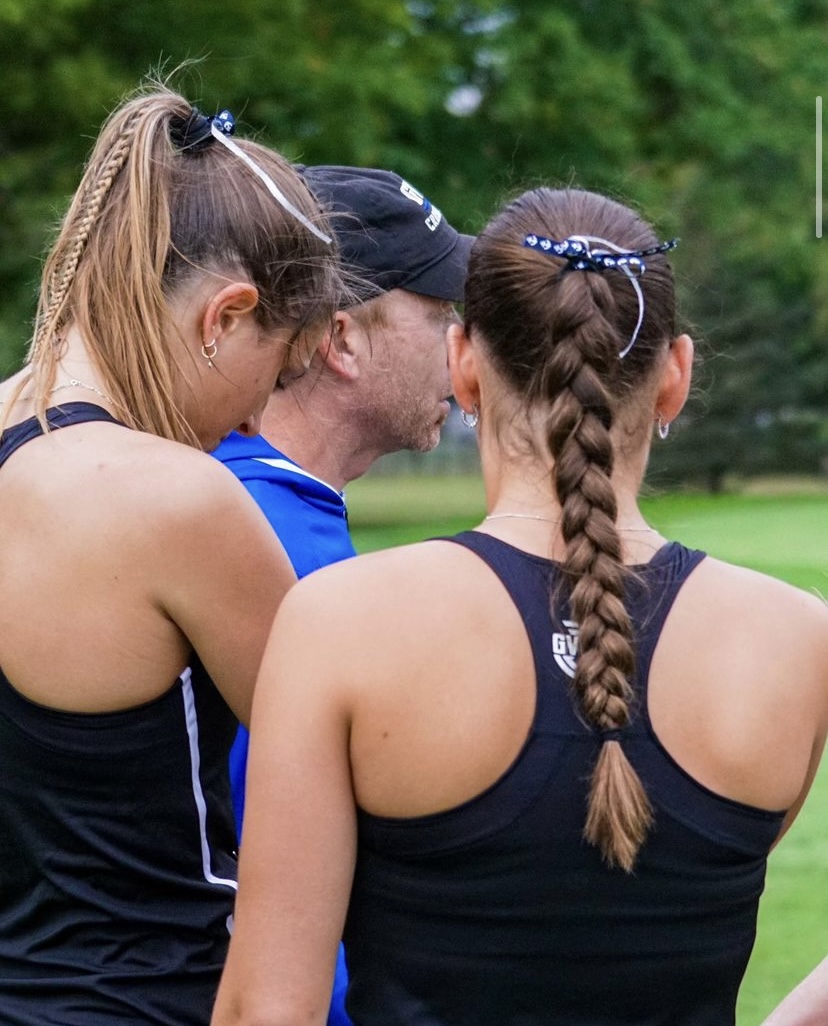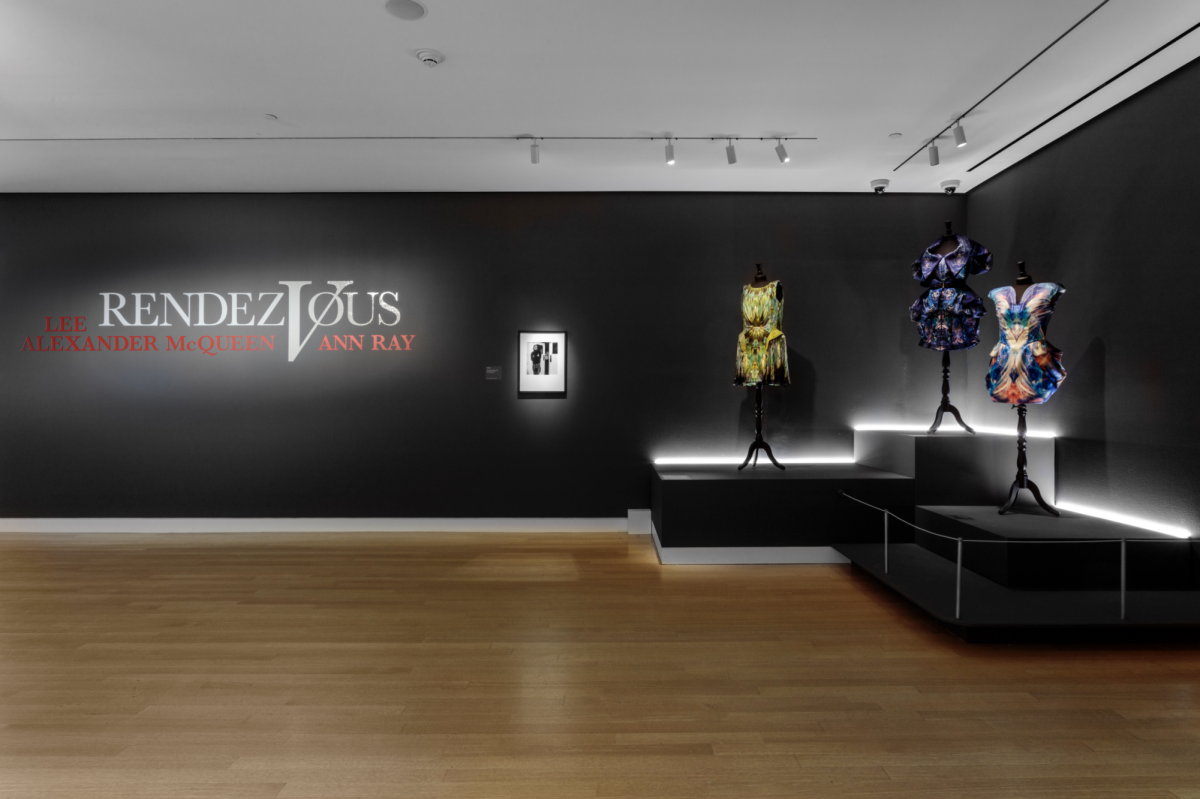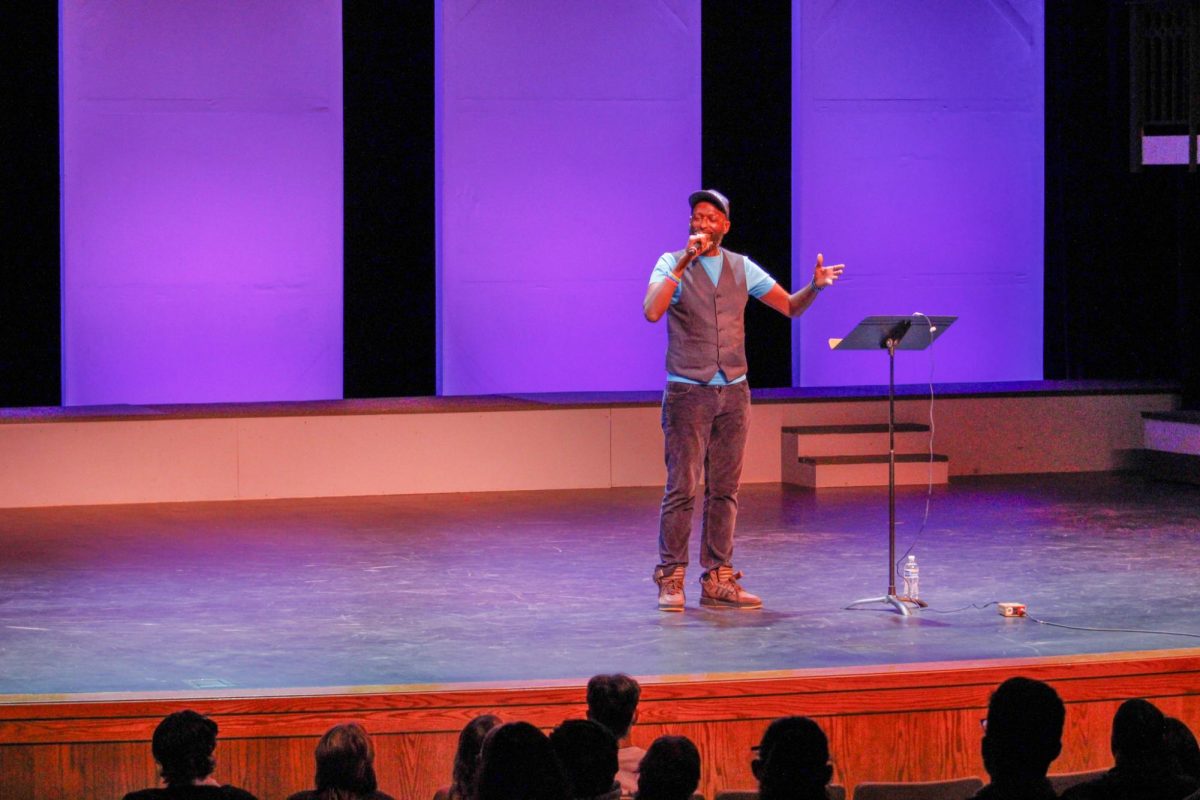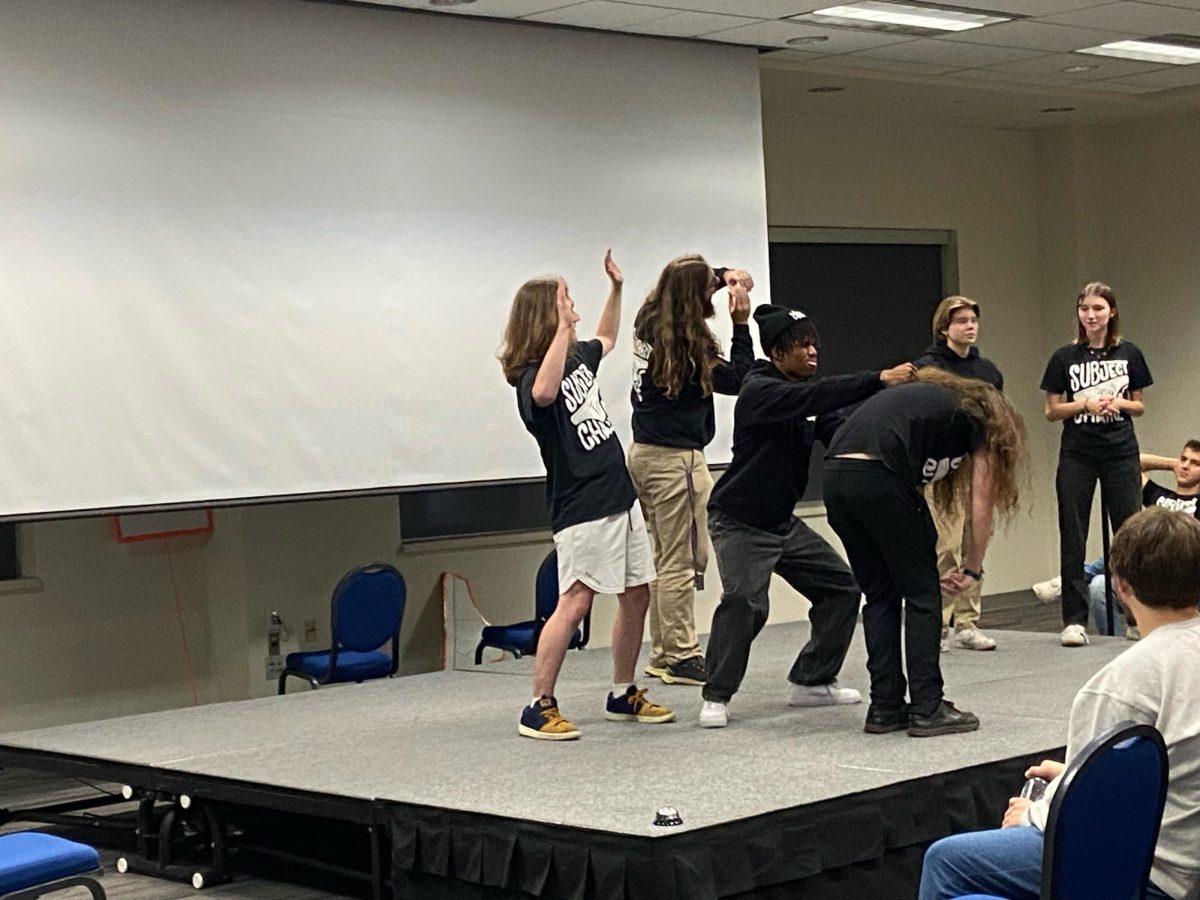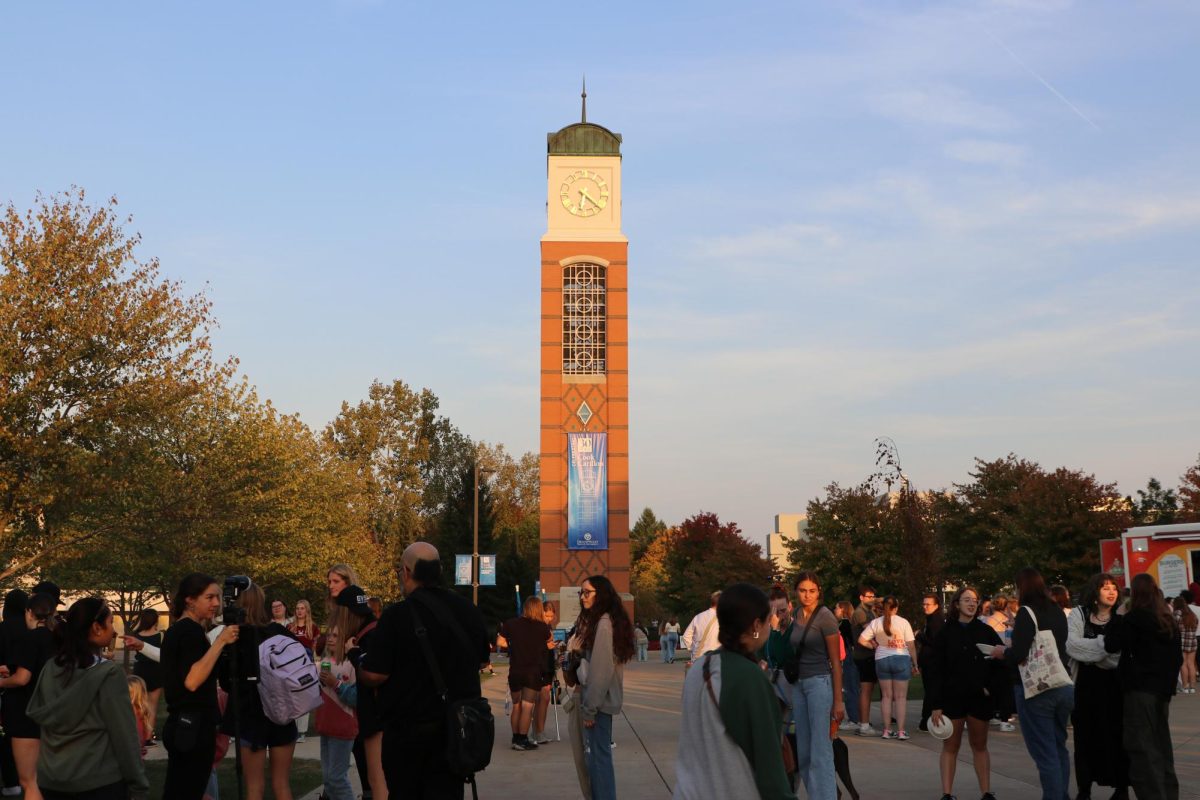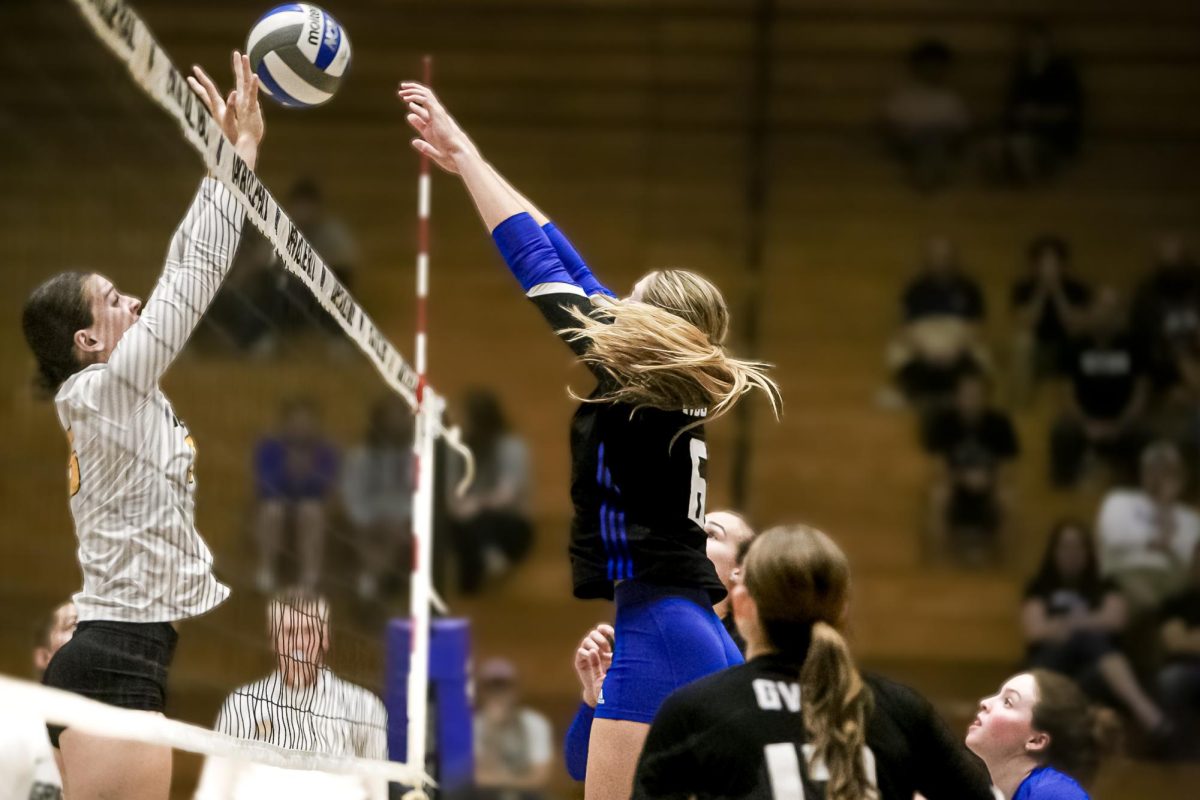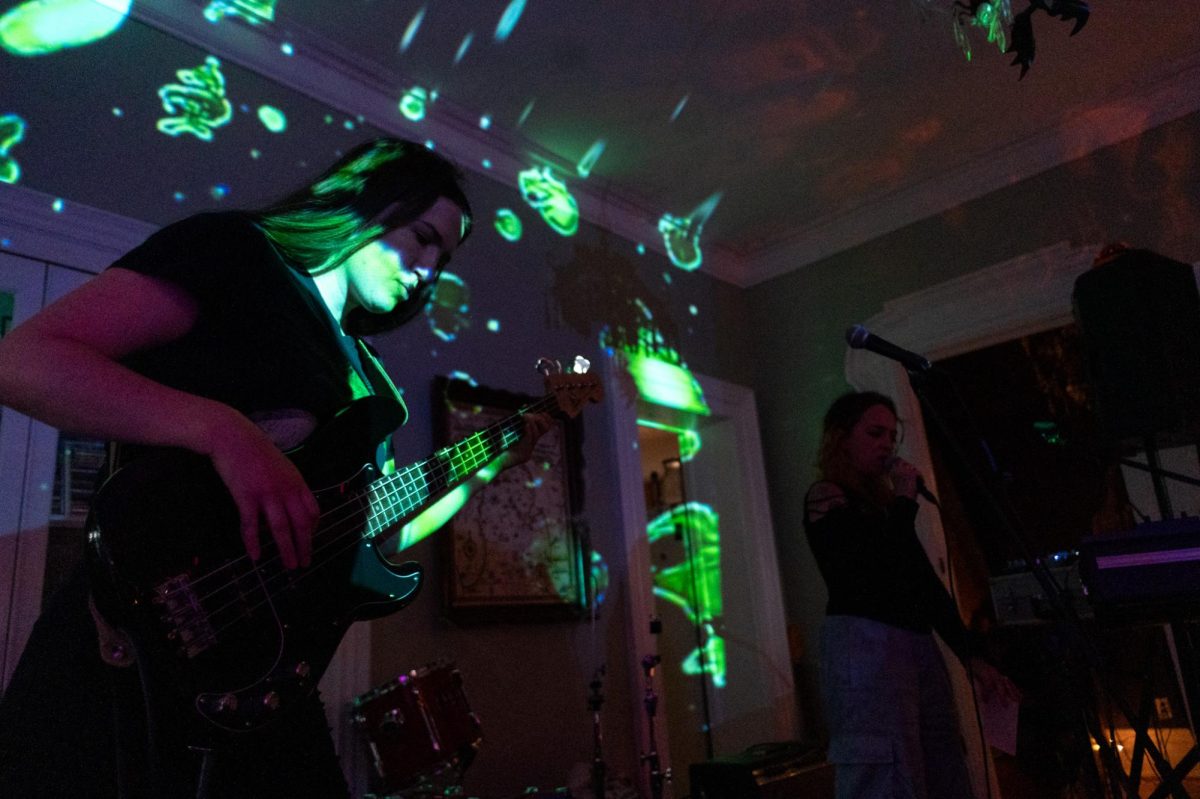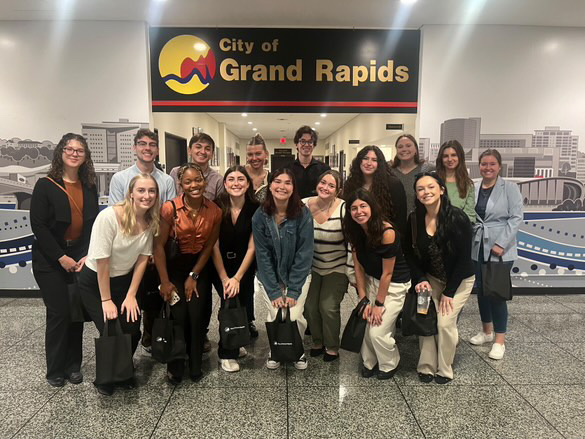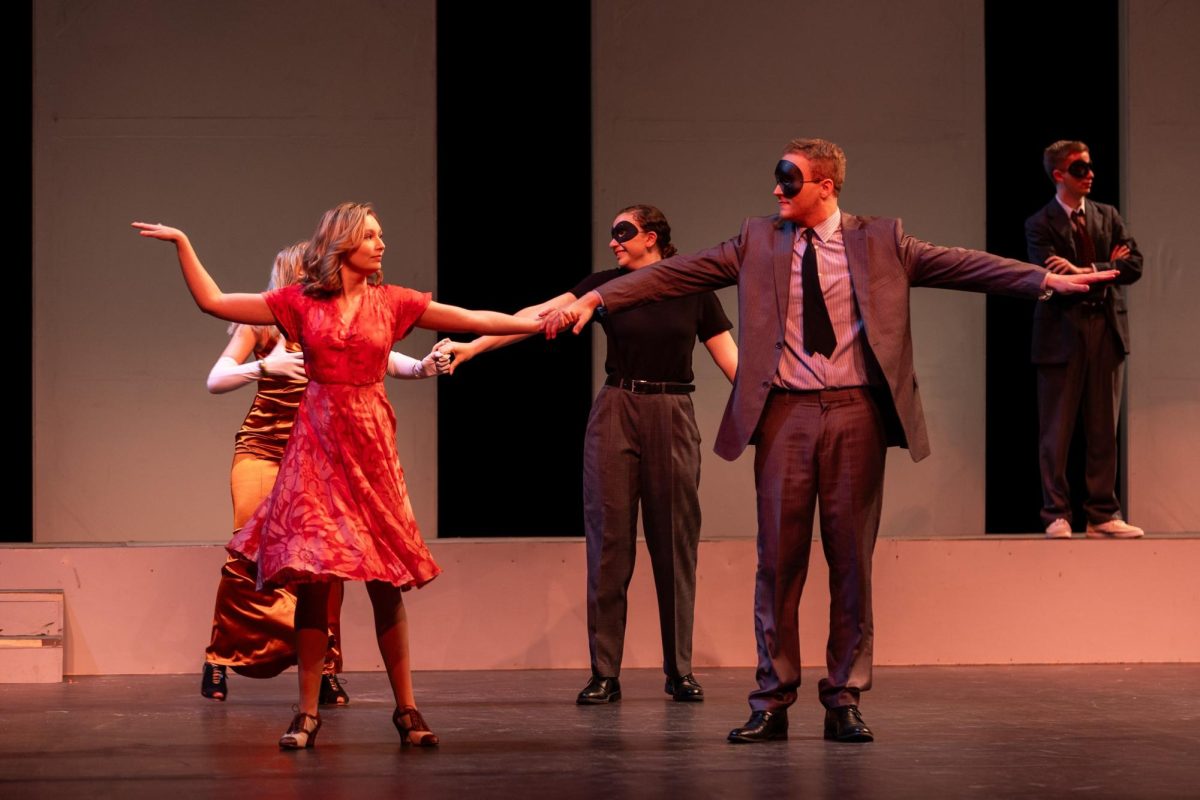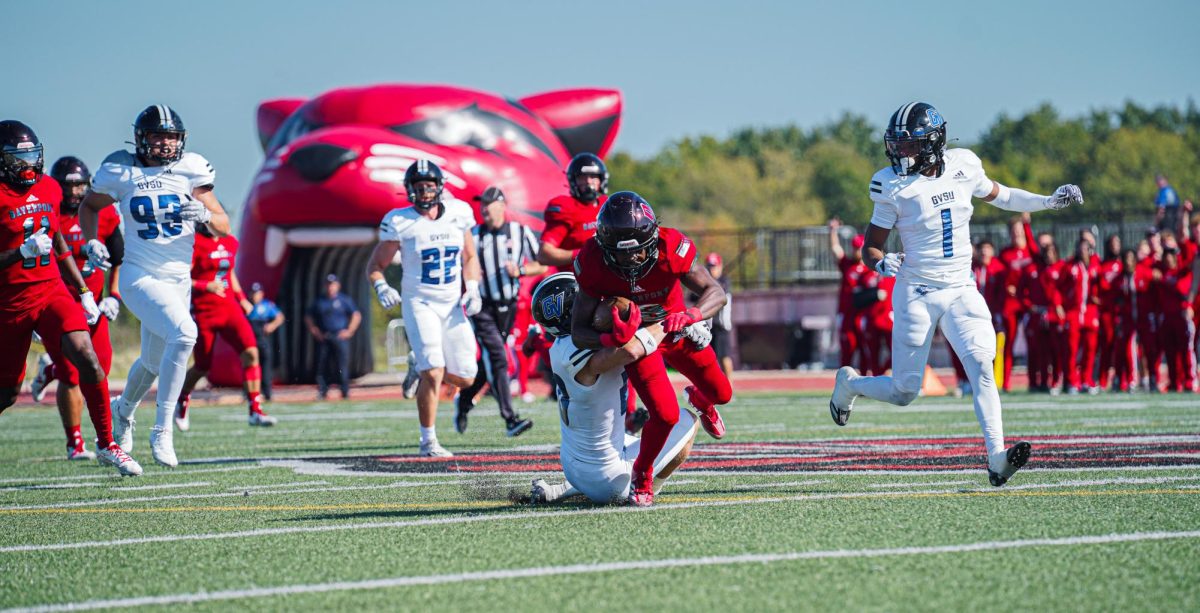Useless humanists: selfishness and higher ed
Nov 11, 2013
The Lanthorn recently published two insightful, yet somewhat depressing, columns on liberal education at Grand Valley.
The first, Nikki Fisher’s “The ‘Goldilocks Zone’ of Liberal Education,” reminds us of the social, political and economic circumstances that allow us, as students at Grand Valley, to pursue a liberal arts education. Not having to fear the debilitating effects of poverty or breakouts of violence or persecution, we students can “access the loftier aims of liberal education and self-actualization” that higher education provides. By contrast, the poor, downtrodden or oppressed do not have access to such an education. Not only that, Fisher points out, the oppressed are likely to doubt, or at least call into question, the worth of the liberal arts in their lives. As one of Fisher’s case studies points out, “when you’re frightened for your basic liberties, airy, non-practical speculations about the world don’t hold much water.” That is, when fighting for your life, there’s no need to philosophize.
Then again, when the primary goal of higher education is to get a decent job, there’s no need to philosophize either. Kevin Joffre, in his column “The Problems with the Student-Consumer Model of Education, Part 1,” calls attention to the ways in which our current educational model may actually be a detriment to students. According to the article, higher education today resembles a service industry in which universities cater to the demands of students—their customers. As Joffre explains, when students are customers paying for a service, universities have more incentive to give them what they want rather than, in the traditional liberal arts model, what they ought to get—that is, a robust yet not obviously practical education in a variety of disciplines. By the same token, students are not at all inclined to embrace their liberal arts education if they do not identify its use in getting a job right out of college.
The question, in both cases, is this: what is the real worth of a liberal education anyway? I believe that question has been answered by writers smarter, wiser and certainly more credible than I am. So, for the purposes of this article, I will avoid approaching the question directly and get at the issue another way: what is the social purpose of the liberal arts and has the consumerist model of education achieved it?
Consider again Fisher’s article. When discussing the supposed worthlessness of philosophical inquiries to those outside the “goldilocks zone” (the zone in which GVSU students, unencumbered by extreme poverty or systematic oppression, can study the liberal arts), Fisher references a GVSU-led program—Community Working Classics—that sends students to Job Corps to teach the humanities to low-income young adults. And why would anyone imagine the humanities might be useful to low-income young adults?: well, being able to read well, write effectively and speak persuasively all serve a political and social purpose—put crudely, they can help you “get somewhere” in life. Rarely in our society, it seems, have people gained social or political power without the help of such skills. Thus, those outside the “goldilocks zone” really could use the benefits of a liberal arts education—something we at GVSU have access to.
But if we students are consumers, the way we conceptualize the liberal arts is likely in terms of selfish goals and desires. “What can a liberal arts education do for us?” The “goldilocks zone” provides the best setting to ask this question, too. If we are not reminded of poverty or oppression in our lived experience—that is, outside the classroom—we are not likely to realize the true social function of the liberal arts. In other words, we are comfortable not to use our liberal arts education for the good of others, specifically those outside the “goldilocks zone” who would benefit from it. For the most part, we simply do not use our training in the humanities to speak for the poor; we do not use our training in the social sciences to understand poverty; we do not use our training in biomed to serve those without healthcare. In short, the consumerist model inclines us to get, not give.
Perhaps, then, to add to Fisher’s conclusion, it is not actually the humanities or the liberal arts that are worthless to those outside the “goldilocks zone.” It’s us.



